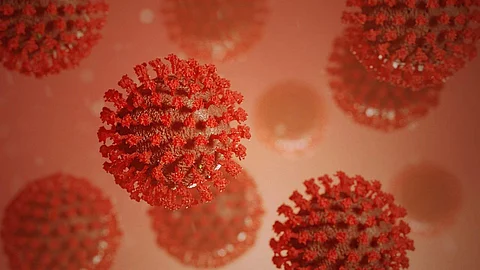

As respiratory illnesses escalate in northern China, health authorities are grappling with the spread of the human metapneumovirus (HMPV).
This respiratory virus, which primarily affects children, has sparked concerns across Asia, with neighbouring regions closely monitoring its progression. According to the NDTV, northern China remains the most affected area, with hospitals reportedly overwhelmed by cases.
HMPV belongs to the Pneumoviridae family and was first identified in 2001 by Dutch researchers in children suffering from respiratory infections of unknown origin. Serological studies suggest its presence for at least six decades, making it a globally recognised respiratory pathogen.
Despite this, there is still no vaccine or targeted treatment for the virus, as highlighted by NDTV.
The symptoms of HMPV are similar to those of the common cold, including cough, fever, and nasal congestion. However, in severe cases, it can lead to bronchitis or pneumonia, especially among children, the elderly, and immunocompromised individuals.
According to a 2021 study published in The Lancet Global Health, HMPV contributes to 1% of acute lower respiratory infection-related deaths in children under five, as noted by NDTV.
Neighbouring regions and countries, including Japan and Hong Kong, are taking precautionary measures to prevent a potential outbreak. Hong Kong has reported minimal cases so far, Meanwhile, Japan remains on high alert after a recent influenza surge reported over 94,000 cases in a single week.
Experts are emphasising the importance of preventive measures such as wearing masks and frequent handwashing to mitigate the virus's spread. Despite a wave of fear on social media, no emergency has been declared by the World Health Organization (WHO) or Chinese authorities.
